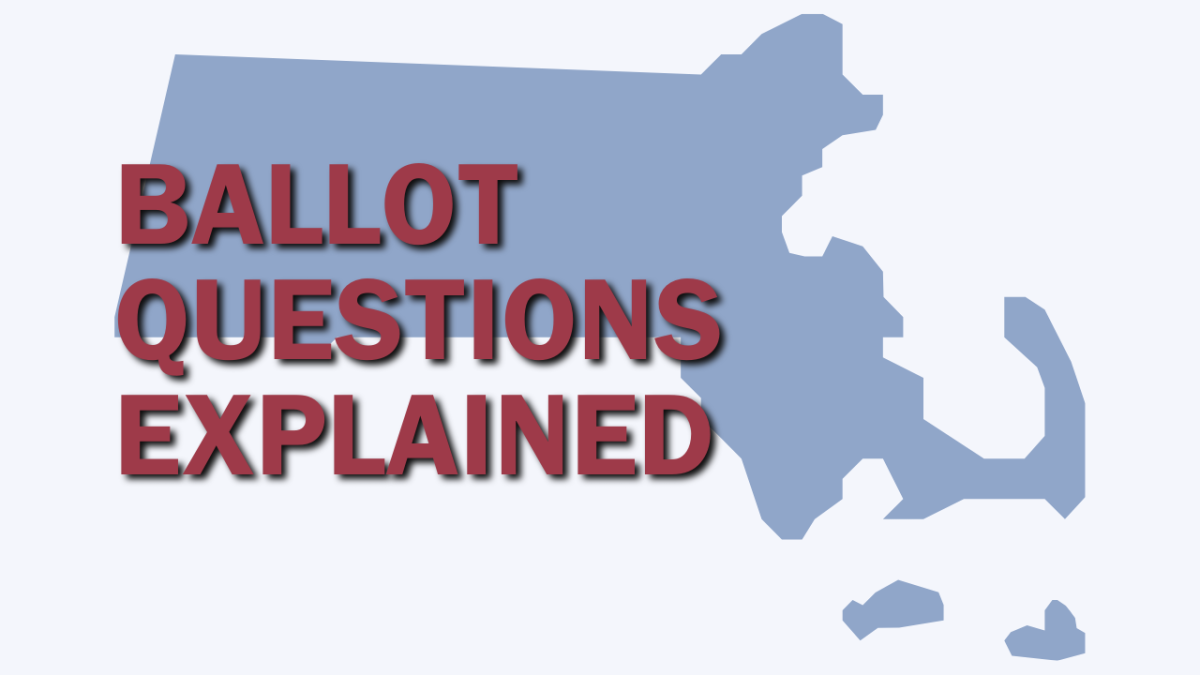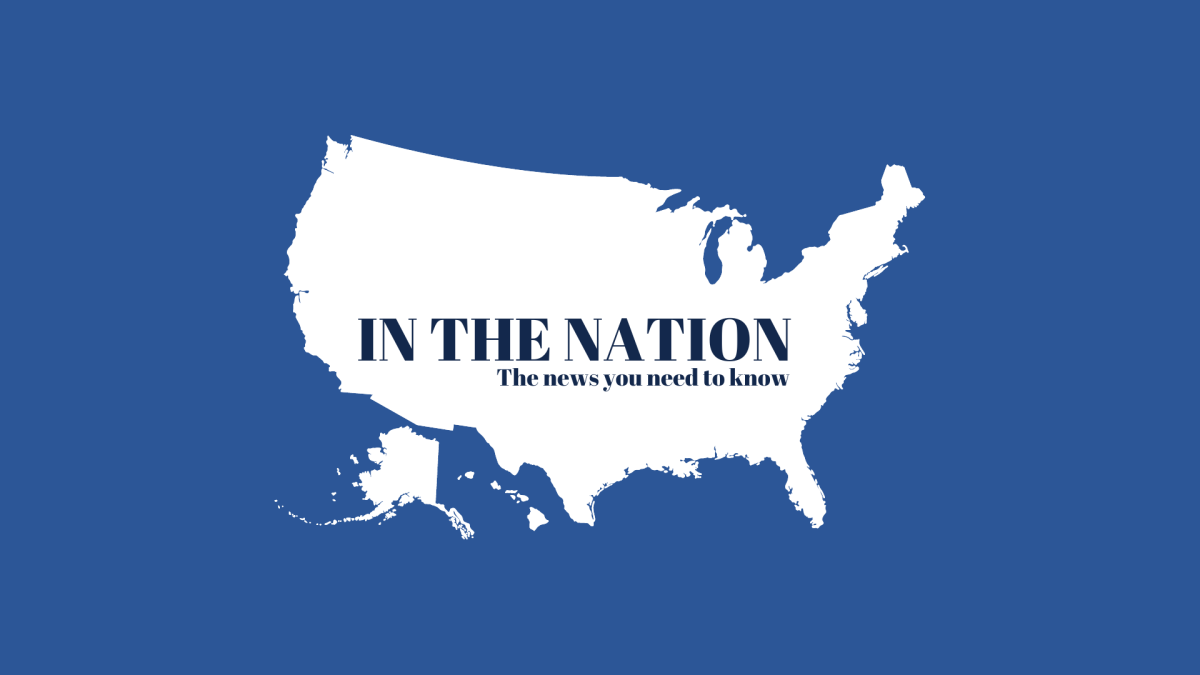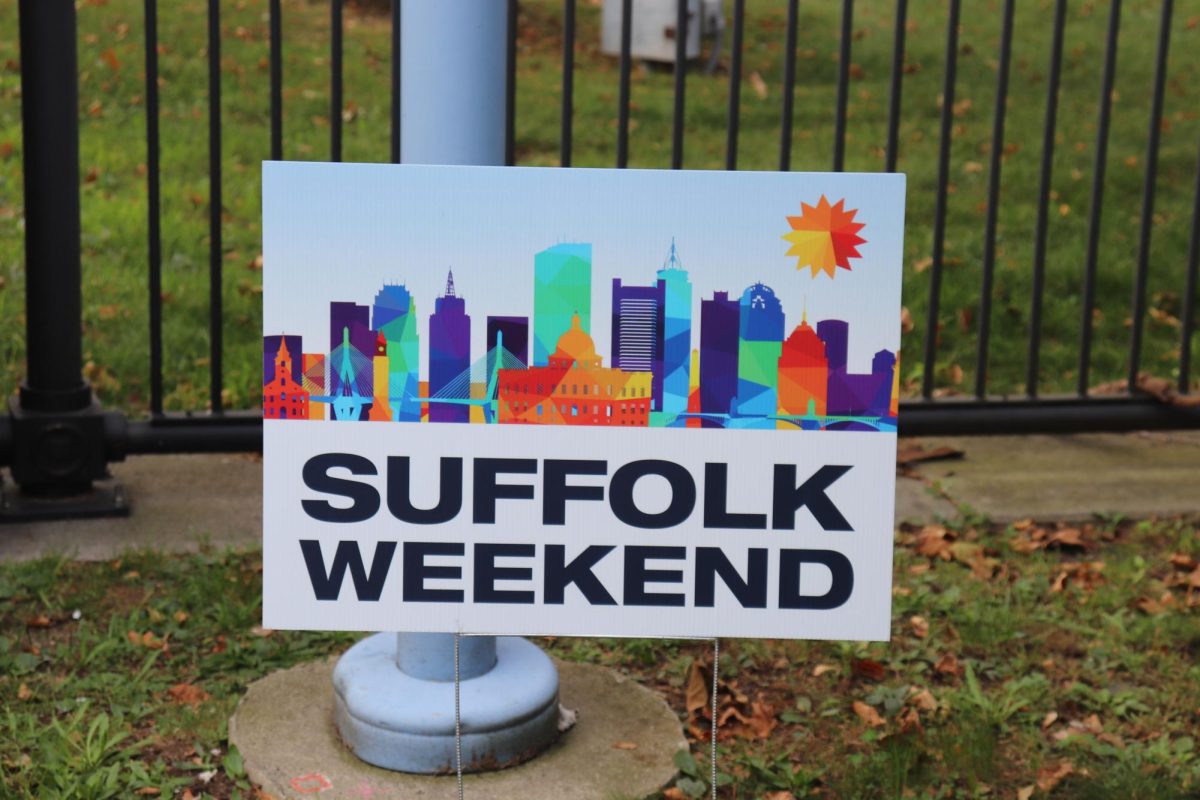Article by: Jeff Fish
Weed is green—at least according to Scott Gacek, who is on the board of directors for the Mass. Cannabis Reform Coalition (MassCann). More specifically, hemp, the non psychoactive variety of cannabis used for commercial and industrial purposes would provide a plethora of both environmental and economic benefits if the United States legalized it.
Hemp was effectively made illegal after the passage of Marihuana Tax Act of 1937, because it was associated with marijuana. “It’s one of those pointless things to make illegal because you can’t get high off it, so what’s the big deal?” said Gacek, who regards hemp as a highly useful product.
“You can make just about anything out of [hemp]; historically rope, cloth, fabrics and paper. Even the USS Constitution—for the first 200 years all the riggings were made out of hemp,” until the 1990s when the hemp riggings were replaced with ropes made from synthetic fibers.
Paper made from hemp is more environmentally friendly than other paper, according to Gacek because “The process of bleaching hemp to make paper is all organic. It’s just a wash. You don’t need any chemicals; you don’t need any bleach to make it white,” unlike with timber-based paper.
In addition to paper, rope, and cloth, hemp oil can be used as an alternative bio diesel. “Any vehicle that’s jerry-rigged to run on oil can also run on hemp oil, so they wouldn’t have to go through a massive conversion. Hemp oil is cleaner for the environment both in processing, waste, and exhaust,” said Gacek. The Hempest, a store that sells hemp products has a van that runs on Hemp oil that they bring to the Boston Freedom Rally (or Hemp Fest) every year.
Hemp can also be used to make foods, like cereal, milk, and granola bars. “If you go to Trader Joe’s they actually have hemp cereal. It’s actually pretty good and rather tasty.” Among the uses of hemp are “food for the population, clothing, and heat—pretty much the necessities to life.”
Gacek acknowledged that while hemp products are useful they are also expensive. “From a business standpoint right now, it’s not cost effective to produce hemp because of the fact that the growth of hemp in the United State is illegal so all hemp has to be imported and when it’s imported it’s taxed which is why hemp clothing costs so much money, but if we were growing that here in the United States as a domestic natural resource,” that would be a different story. Canada legalized hemp in 2004 and is now, one of the world’s leading suppliers in industrial hemp.
“If you are growing it, it becomes very cost effective because it’s cheap to produce,” said Gacek. Other crops rape the soil, forcing farmers to rotate crops and burn fields to replenish the nutrients. “If those farmers could then plant hemp on those fields they could regenerate the soil for their regular crops and supplement their income. The hemp plant is one of the few plants that regenerate the soil as it’s growing.” Since hemp is easier and cheaper to produce than many other crops, it would be cheaper to buy if it was grown in the US, making the hemp industry more viable.
“It’s going to create jobs and create more of an economy. There are farms out in Western Mass. that are government subsidized right now because they can’t make money. What if they had another crop that they could grow legally?”
Hemp is also very durable, which is why the US government encouraged farmers to grow hemp during World War II. “At that time they were still using hemp for rope in all the vessels because it was the strongest rope at the time. All the hemp was coming from the Philippines, which was controlled by the Japanese, so we couldn’t get it. Congress passed the Hemp Tax Act where farmers could actually pay their taxes in hemp. You could grow hemp and give it to the government for taxes because they needed it that badly for the war effort,” said Gacek. The government even made a film called Hemp for Victory in 1942 encouraging farmers to grow hemp.
“We firmly believe that hemp should be legalized,” said Gacek, reflecting on his own beliefs and those of MassCann. “This state was founded by hemp farmers. All of the original drafts of the Declaration of Independence and the Constitution were written on hemp. US currency used to be printed on hemp. John Quincy Adams grew hemp.”
There is currently a bill in Congress to tax and regulate hemp, which Gacek thinks would be a large boost for the economy, but said that “full blown legalization [of marijuana] will bring a whole new economy.”
Those opposed to legalizing marijuana, specifically for medical purposes, argue that it would cause people in the healthcare industry to lose their jobs. Gacek disagrees. “As therapeutic as marijuana is, it’s not for everyone and it’s not for everything. It’s not a miracle plant that’s going to end every single reason that I would ever need to go to a doctor.”
To Gacek, legalizing both marijuana and hemp is about people being able to make a choice. He believes that marijuana should be a choice for those who want to use it recreationally and that people should have the option to choose a wide variety of products made from hemp.













